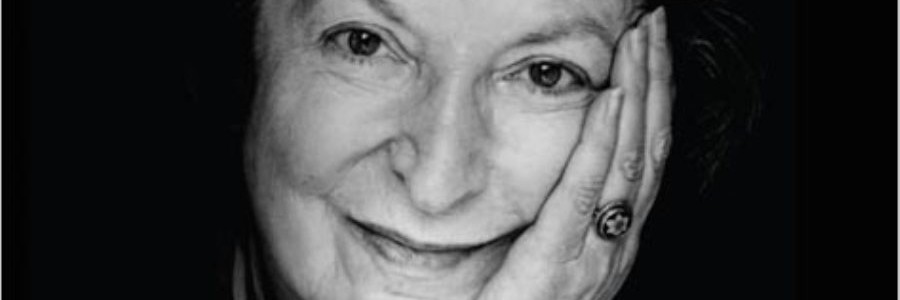I first came across movie critic Pauline Kael’s work in an undergraduate English course in the early 1980s. John Trimble, author of our textbook Writing with Style, showcased a few vivid examples from her writing for the student to emulate. In particular, I recall exerpts from her movie reviews for “The Last Tango in Paris” and “The French Connection” included by Trimble that were turning points for me as a writer. They made me actually care about what I wrote and made me want to write for pure enjoyment. In short: her writings made me a writer.
I still remember my first Post-Pauline paper I wrote for a literature class on Faulkner’s short story “Barn Burning.” Rather than cough something up on paper 2 hours before class without any further review or edits before turning it in (which had been my MO since high school), I planned this paper a week in advance, rewriting it several times, carefully reconsidering words, sentences and structure, as well as my opinions about the story. Then, when the professor read my paper to the class approvingly, I knew I would never turn back.
So, I was thrilled to learn that The Library of America recently published a collection of her essays, The Age of Movies: Selected Writings of Pauline Kael. No wonder Trimble was so taken with her writing style. Reading several of these reviews at random confirms Trimble’s opinion in his text: “[Kael’s writing] crackles with emotional electricity …. Ms. Kael is one writer who never fails to turn her feelings into account. She is that rare creature: someone who thinks passionately. Her reviews–always gutty and dead honest–virtually smoke with emotion.”
In fact, included in this LoA collection is her review of “The French Connection” in its entirety in the essay titled “Urban Gothic” in which she savages the movie in startling prose:
“Here you love [the brutality of the movie], you wait for it–that’s all there is. I know that there are many people–and very intelligent people, too–who love this kind of fast-action movie, who say that this is what movies do best and that this is what they really want when they go to a movie. Probably many of them would agree with everything I’ve said [here] but will still love the movie. Well, it’s not what I want not because it fails (it doesn’t fail) but because of what it is. It is, I think, what we once feared mass entertainment might become: jolts for jocks.”
Her opinions expressed here were not only good writing, but also clearly prophetic, as anyone who has suffered through the jolts of the three Transformer movies and their numerous counsins must attest.
While many have questioned Pauline Kael’s taste in cinema (she often championed popular films and panned artistic ones, disliking Bergman and Hitchcock, among others), few questioned her ability to persuade others about film, to create reviews that themselves were works of enduring art worth reading, not works existing merely to guide the reader in selecting a movie, but enjoyable pieces of literature, entertainment in their own right. Her works created taste, not merely reported and pandered to taste. And, for those interested in women’s studies, Kael’s is a female literary voice for which there are few male equals in her field.
I agree with Phillip Lopate, editor of The Library of America’s volume American Movie Critics, “Pauline Kael was not only one of our greatest film critics, but one of our best nonfiction prose writers.” I recommend you pick up a copy of The Age of Movies, sample her “bracing, provocative prose” (says Lee Sandlin in a recent WSJ review), her “crowbar style” (Kael’s own description of her reviews), and see what the fuss is all about. Even if she wasn’t our “greatest” film critic, she is without a doubt our most influential. At least on this point, I can speak from personal experience.
Which writers have made you care about what you write?
;



I’m not very familiar with Kael, but your post has got me completely intrigued. I love the idea of “thinking passionately” — I think this is what I want my critics to do. I like critics with warmth, energy — not a cooler than thou above it allness that makes you always feel a little bit stupid.
Writers that have made me care about what I write? Probably too many to count, but — Alice Munro, Marilynne Robinson, Ariel Gore, Susan Griffin, Katherine Anne Porter, Tolstoy …
Heidi, me too. I want someone to expose themselves in their writing, not snark about in a way that won’t allow themselves to take a hit. Like a boxer, swing for the knock out and don’t worry about the kidney punch you might take in giving it.
We bear in mind such as I’m continuously looking by reason associated with welcoming things to pore over near by a number of subjects, however i succeed to include your own set up amongst my personal scans every life time since you give delivery in order to compelling entries which i appear on in order to.